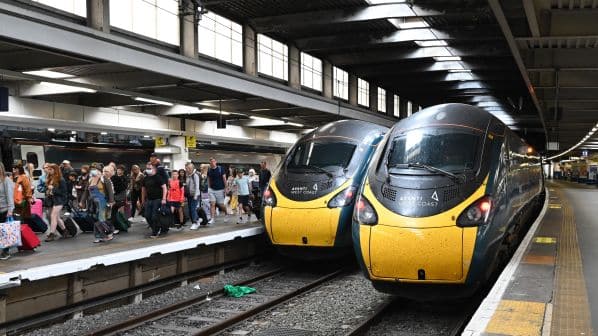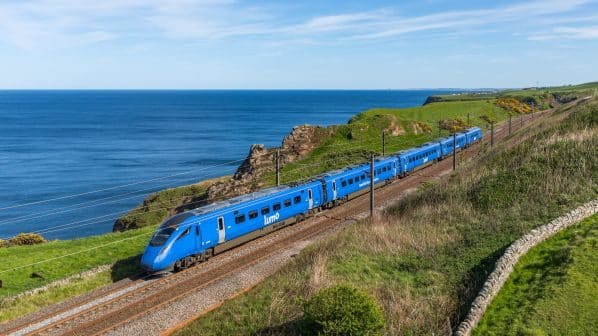THE British government has included a draft Rail Reform Bill in the King’s Speech delivered on November 7, outlining its priorities for the next parliamentary session, the last before a general election which must take place before January 28 2025.
As a draft bill there is no guarantee that parliament will have sufficient time to debate and pass the proposed legislation to establish Great British Railways (GBR) as a new arm’s-length body overseeing the railway sector. The draft bill also includes changes to national passenger operating contracts, which GBR will oversee and award, and ticketing systems.
Establishment of GBR was first proposed in the Williams-Shapps Plan for Rail, which was published in 2021, more than three years after a review of the structure of the British railway sector led by Mr Keith Williams began.
The government says the bill must be scrutinised by parliamentarians and industry experts due to the scale and complexity of the changes being made. It also points out that many of the reforms proposed, such as simplifying fares and more pay-as-you-go ticketing, can be introduced without legislation.
Work to prepare the bill has been undertaken by the GBR Transition Team (GBRTT), which is led by Network Rail chief executive, Mr Andrew Haines.
GBRTT has also been working on changes to the performance regime governing the relationship between the infrastructure manager and operators, accessibility, a modal shift target for rail freight, and the development of a long-term strategy for rail in Britain.
Rail Partners, which represents private-sector operators and freight companies, called the draft bill a “missed opportunity” to legislate within the next session of Parliament.
“The rail industry has been awaiting progress on reform since the Williams Review started over five years ago, culminating in the Plan for Rail being published in 2021,” says Mr Andy Bagnall, Rail Partners’ chief executive. “Delivering that plan remains the best foundation to build a better railway for Britain, and not seizing the moment now means continuing uncertainty until after the next general election.”
Mr Darren Caplan, chief executive of the Rail Industry Association, says that while RIA and its members from the British railway industry supply chain would have liked to have seen a full transport bill included in the King’s Speech, “today’s inclusion of a draft bill does seem to be progress and a statement of government intent to reform rail.”
“We urge the government to begin the pre-legislative scrutiny process without delay,” Caplan says. “At a time when passenger numbers and revenues are encouragingly growing back to pre-Covid levels, the government now needs to push on with any and all measures which help build a vibrant, world-class railway for the future, and avoids any hint of so-called managed decline when it comes to the future of UK rail.”




